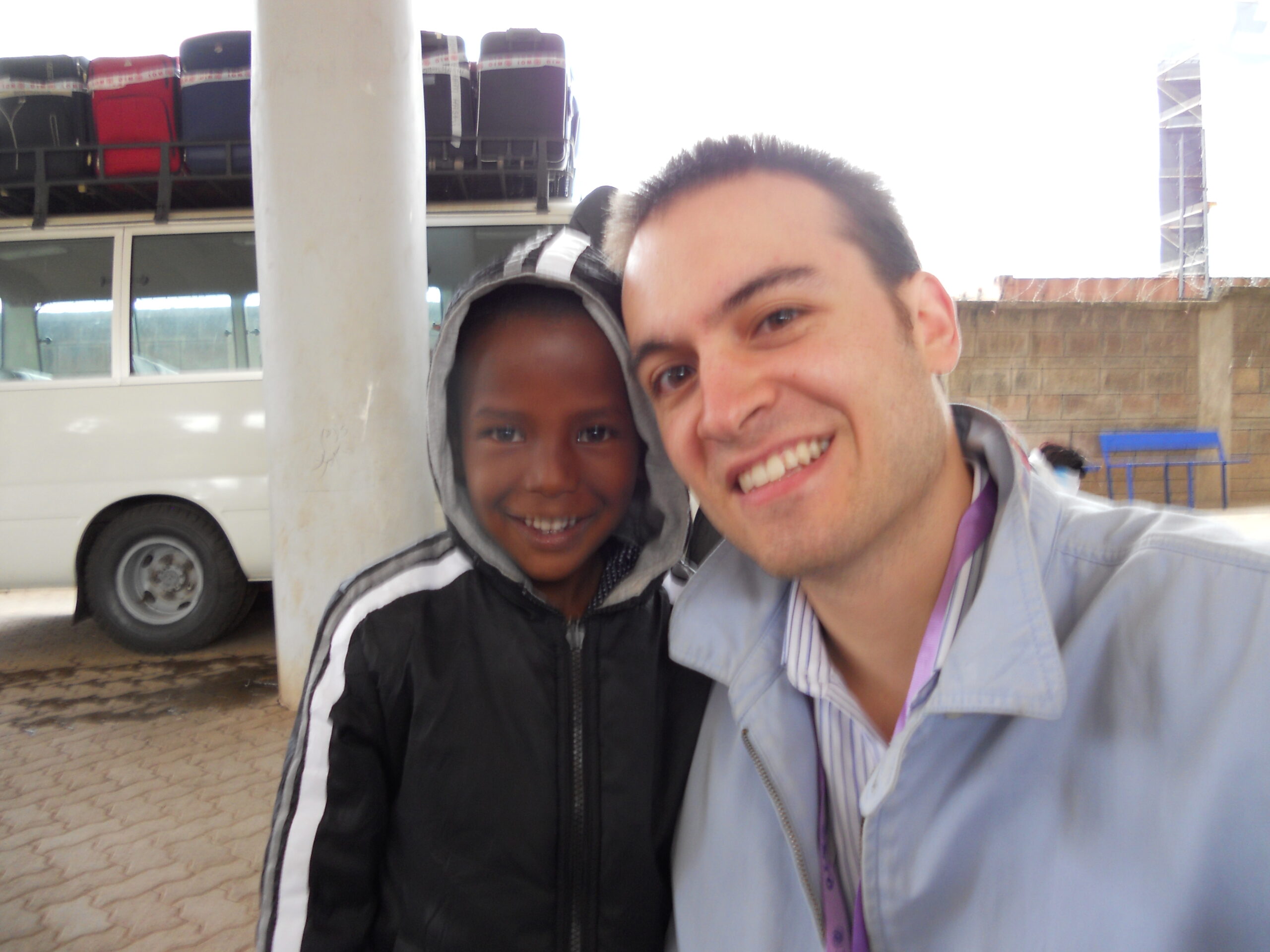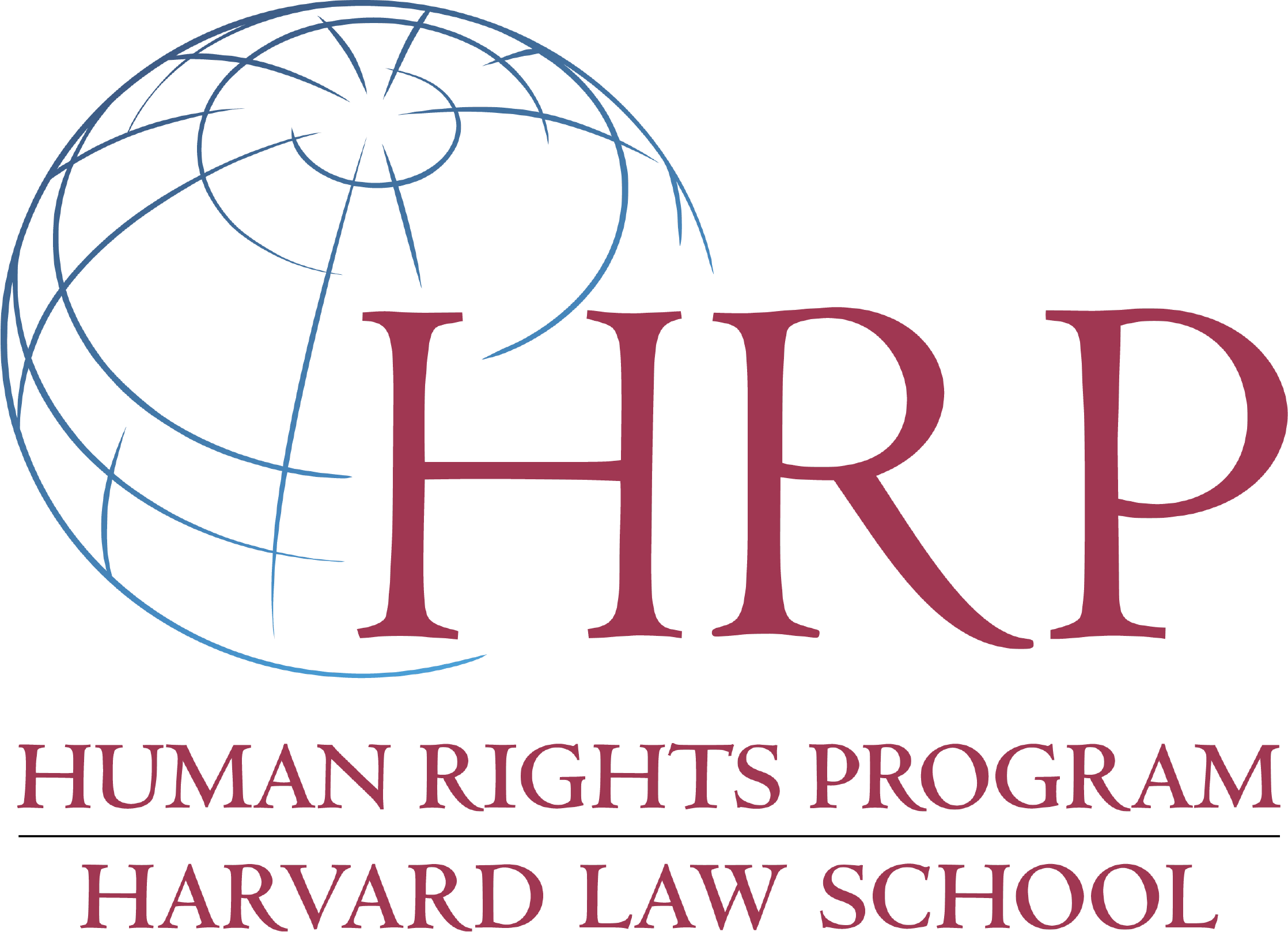
Finding the Right Summer Fit: An Interview with Brett Stark, JD ’12
Last year, the Human Rights Program funded more than 20 students to work at internships abroad. You can meet several of them today at the International Summer Jobs Student Panel in Pound 213; they’ll be eating free burritos and dispensing their best advice there from 12:00- 1:00 pm.
In advance of the panel, we talked last week to Brett Stark, JD ’12, who worked at RefugePoint, an organization in Kenya that helps to meet the needs of people affected by war and conflict. He described how he came to care about this work; what he learned from his first summer internship; and why his second internship proved so successful.
HRP: You have a long-standing interest in social justice advocacy. Why did you choose law school to express it?
I thought it would be the most effective way for me to be the best social justice advocate I could be—given our system, and the powers that lawyers have, and also given what I felt like my abilities were, as an oral advocate, as a person who enjoys connecting with people, and as someone who loves to write. That stuff kind of blended together with law.
When I came here, I was trying to figure out: what’s my thing going to be? I didn’t really know; I wanted to look around. One of the things I did was the Immigration and Refugee Clinic, and that was really awesome. Working with a client is an amazing experience. With teaching, which I had done before law school, you’re connecting with students, but with clients, it’s a different kind of connection.
I’m still trying to figure out what it’s about. At first, I thought: this is great, you make a new friend that you can help in a way that no one else can help because you have access to legal institutions. But I’m learning that it’s not about making friends; it’s about being compassionate while being the most effective advocate you can be.
HRP: Tell us about your first internship experience.
The summer of my 1L year, I was at the Association for Civil Rights in Israel. I found it through the OPIA database, and it made sense—I’m Jewish, and I’m really passionate about civil rights, so how could I go wrong? I didn’t look into it more than that. It’s a really amazing organization, but I wanted more interaction with clients.
So the next year, I thought, if I really had my druthers, I’d do something where I could connect with people, because that’s who I am. On the recommendation of Clinical Professor Debbie Anker, of the Immigration and Refugee Clinic, I chose RefugePoint in Kenya.
HRP: What did the internship involve?
With some variation, I basically did the same exact thing day in and day out—and it was the best experience I ever had. I would do an intake interview that could be three or four hours, and then a follow up interview that was three or four hours. So I’d spend eight to ten hours with a refugee. And then I’d write up what they call a Refugee Referral Form with basic facts, like if they had siblings, where they were, how old they are, that kind of thing.
The more substantive part—the part that can be much more rewarding—is writing their story, their persecution narrative. From a legal perspective, when you’re writing it, you have to make sure that the parts you’re highlighting are the parts that make them eligible for asylum in the United States.
Sometimes it’s like putting together a puzzle. There was a woman I was interviewing, and she said: “Oh, in 2006, I left my home. And then years later, in 2010, this happened.” And, for various reasons, I realized it wasn’t possible. And we went back and forth for about a half an hour until she said: “Wait, which comes first, 2006 or 2010?” She’d never been to any school of any kind.
If that had happened during an immigration interview, an official could have said: “This person doesn’t have her story straight, she’s probably lying. Rejected.” So that’s one thing our organization does—understand a refugee’s story completely, before the interview happens.
HRP: What made the internship successful for you?
Two factors. First, it was some of the best supervision that I’ve ever had. They really care about you, they really watch you, and make sure you’re ready, and that you can go to them with any questions. They’re all just really compassionate, thoughtful people who care and enjoy what they do.
The second reason it worked out so well is the way the organization is structured. There’s the protection/legal team, the medical team, the social work team, and these are all people whose expertise really overlaps when it comes to addressing refugee problems and finding solutions for clients. If I have a client who’s so traumatized that he’s walking around the room all the time, twitching, that’s not something writing up a Refugee Referral Form is going to solve. But that’s something the social worker can work on, or the medical team.
HRP: What made the internship challenging?
Remember what I said earlier, about wanting to be friends with clients, and knowing that’s not really my role? I just remember this one client, she was crying, and I went and gave her a hug, because that’s my natural instinct. My supervisor was watching, because it was one of my first interviews, and afterwards, he was like, “You can’t be giving clients hugs like that.” I asked him why, and he said, “First of all, you have to recognize there’s a power dynamic. This person is coming to you for help. There’s also a gender dynamic—this is a woman, you’re a man—and she might feel that she has to give you a hug. You’re the one who holds the key. You’re writing out the report. Also, what if she has had some bad experiences with men, and doesn’t want to be touched? Or what if she has religious reasons?” So it’s important to define and understand your role. “I’m here to help you in this specific capacity. I’m not a counselor, I’m not a social worker.” Be real about who I am, what I’m there for, and what I can actually do.
HRP: What’s your advice for students looking for internships this summer?
Learn more about the organization besides its values. That is, talk to people who work there or know their reputation. There are a lot of organizations that do great things, but especially at this stage of your career, when you’re trying to develop yourself and find where you fit in, to get the most out of the experience, you want to know what it’s going to be like to be there. It’s really important to get recommendations from people in the field, like Professor Anker.
For more information on how to apply for HRP summer scholarships, please see the Summer Internships page at the Human Rights Program Web site. The first step in applying for funding is to meet with one of the four student advisors, whose contact info is listed on that page.
Good luck!
